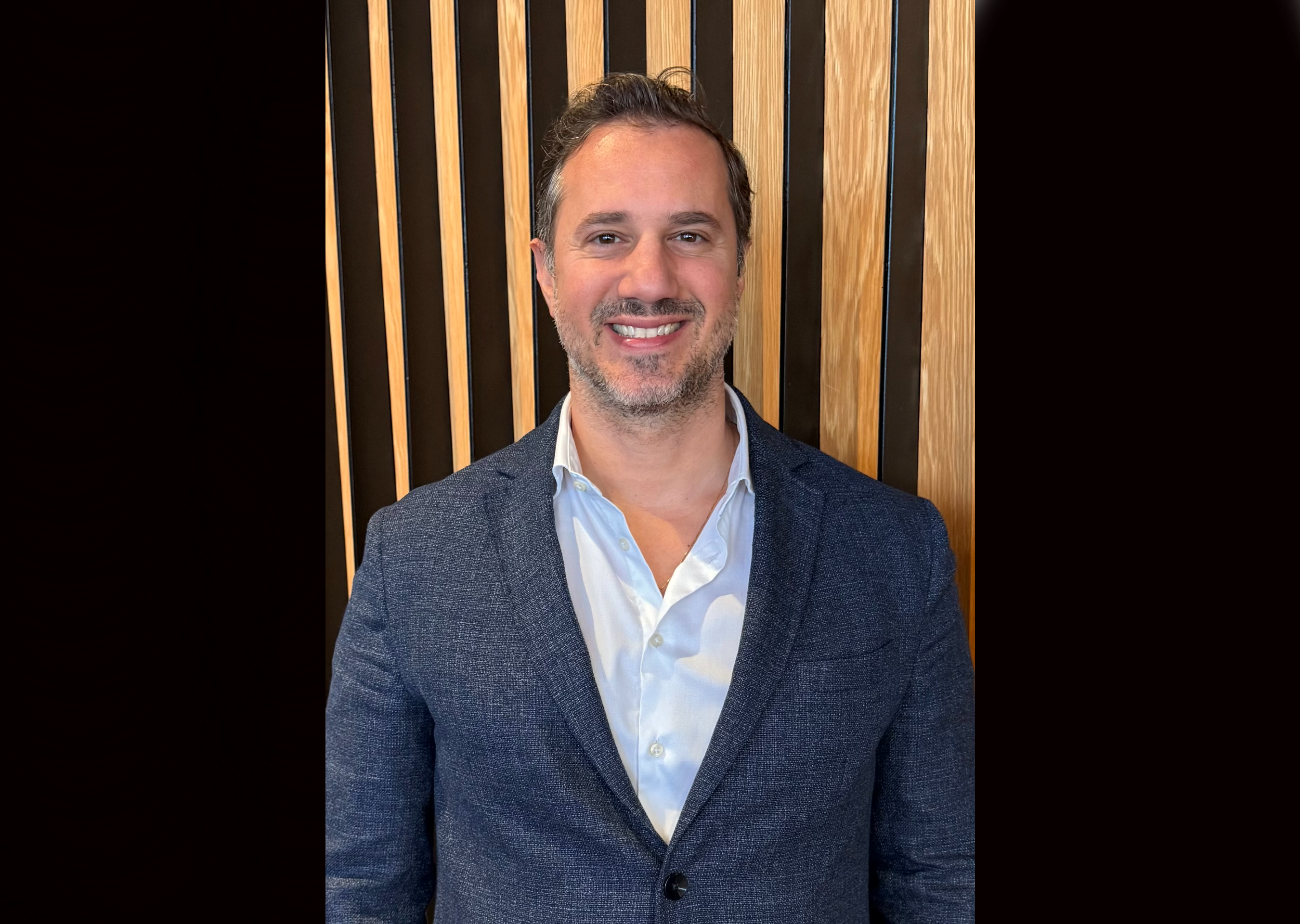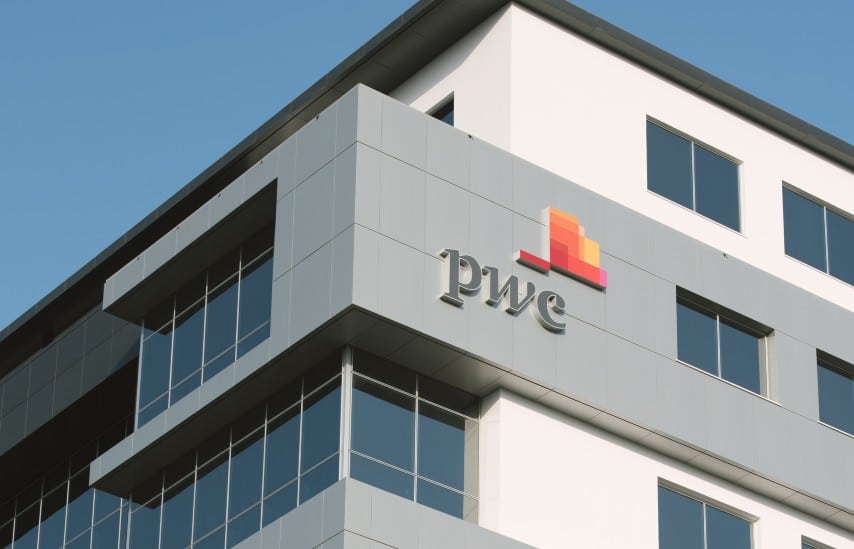Project Management Offices (PMOs) are evolving to meet the demands of a rapidly changing business environment, according to Stavros Christoforou, senior manager at PwC Cyprus’ advisory services.
Christoforou explained that PMOs, originally tasked with defining and maintaining the standards of project management for a company, are transforming into Extended Management Offices (xMOs), which prioritise strategic alignment and measurable outcomes.
“Traditional PMOs have focused primarily on metrics such as budget adherence and timelines,” he said.
“xMOs, on the other hand, place emphasis on continuous value delivery, strategic alignment, and the tangible benefits provided to stakeholders,” he added.
Christoforou pointed to research by PMI and PwC, indicating that organisations implementing xMOs see efficiency gains of 30 per cent and a 25 per cent increase in customer satisfaction.
“These numbers highlight the direct impact of xMOs in improving operational effectiveness,” he stated.
Moreover, he explained that successful xMOs “require a holistic approach” that integrates strategic focus, adaptability, and a culture of psychological safety.
“An organisation’s ability to respond quickly to changes in the business environment is crucial for long-term sustainability,” he said.
Developing an xMO is not simply about expanding a traditional PMO but about transforming its role entirely.
“Strategic alignment ensures that projects actively contribute to the company’s broader goals rather than just fulfilling immediate objectives,” Christoforou noted.
One of the biggest challenges in adopting xMOs is overcoming resistance to change.
“Shifting an organisation’s mindset takes time and requires coordinated efforts across all levels,” he said.
Another key challenge is investing in new skills, particularly in technology and strategic decision-making tools.

“To successfully implement xMOs, businesses must provide their teams with the necessary training and resources,” he mentioned.
Technological investment is another crucial factor. “Advanced digital solutions, including artificial intelligence and analytics, play a major role in enhancing decision-making and optimising project execution,” Christoforou said.
“By leveraging real-time data, organisations can ensure continuous improvement in their deliverables,” he added.
Despite the challenges, Christoforou pointed out that transitioning to xMOs presents an opportunity for organisations to become more innovative and resilient.
“An effectively designed xMO can act as a pillar of growth and a catalyst for transformation within a company,” he stated.
What is more, the PwC Cyprus senior manager pointed out that leadership engagement is also vital in this process.
“Senior management must actively support xMO initiatives to ensure alignment with the company’s strategic direction,” he said.
“Without leadership backing, efforts to implement xMOs will struggle to gain traction,” he added.
Ultimately, Christoforou explained that xMOs can be the link between strategy and execution.
“The shift to xMOs is not just a trend but a necessity for businesses seeking sustainable growth in an increasingly competitive landscape,” he concluded.






Click here to change your cookie preferences